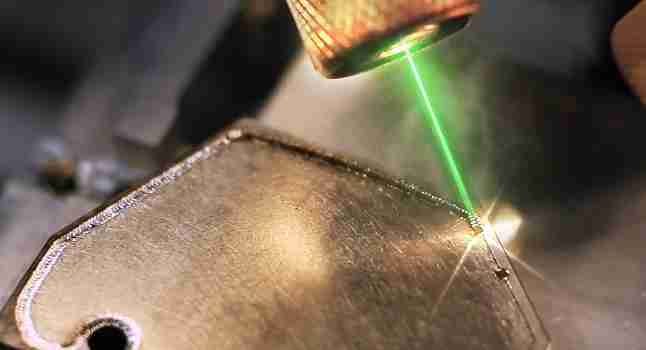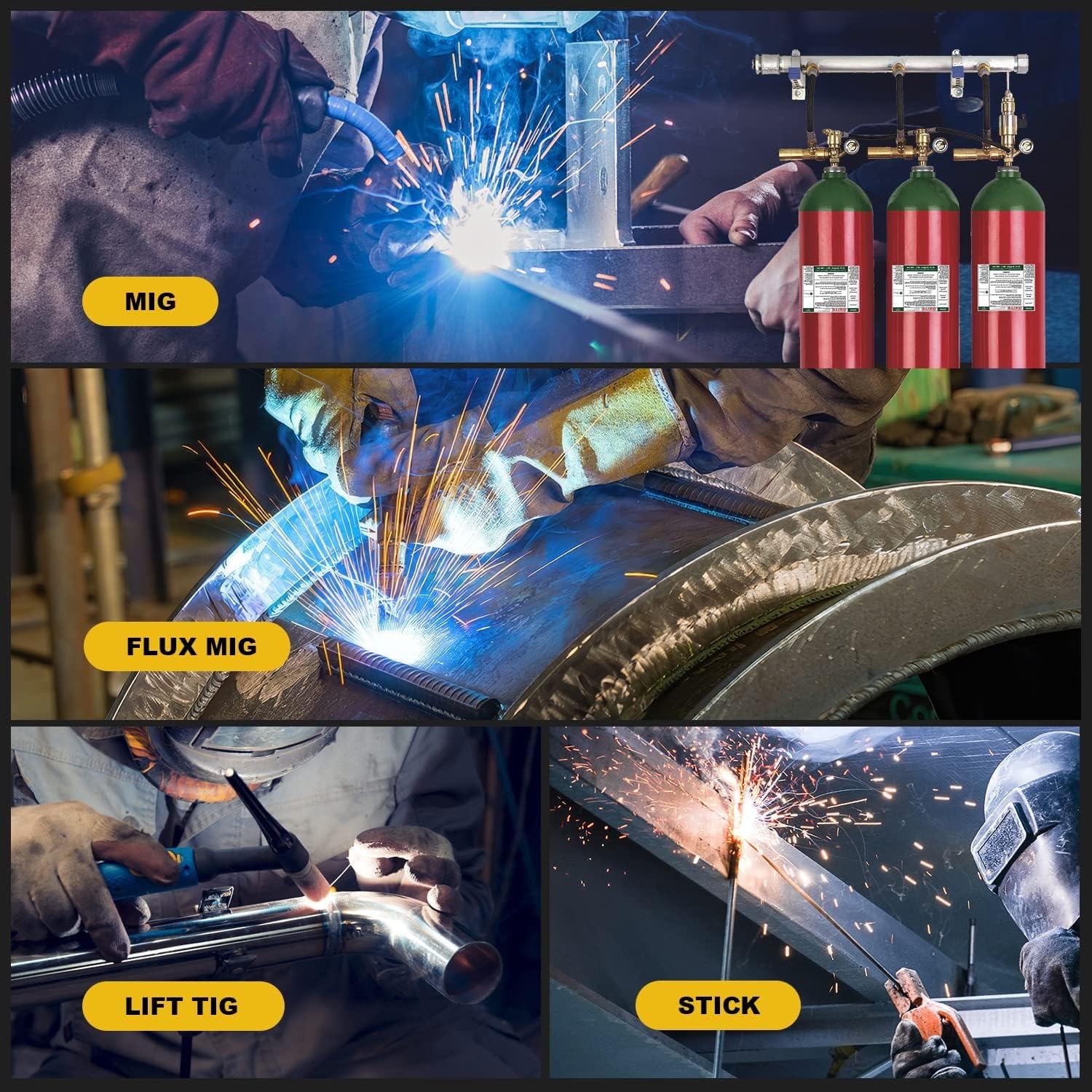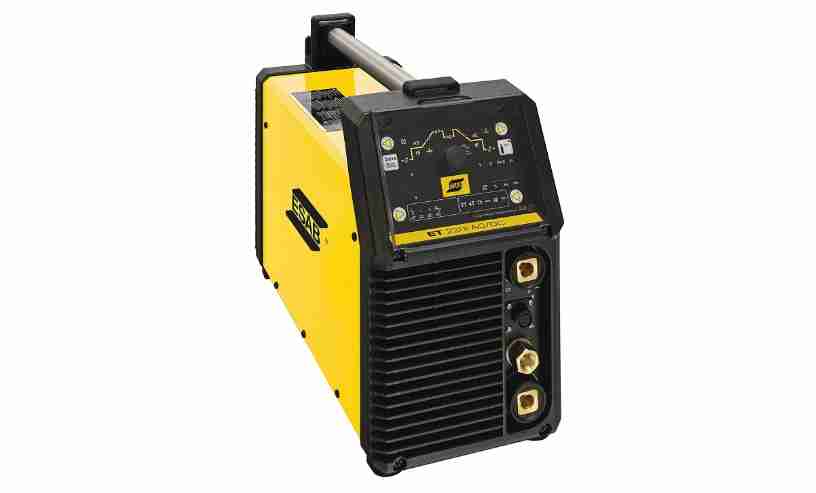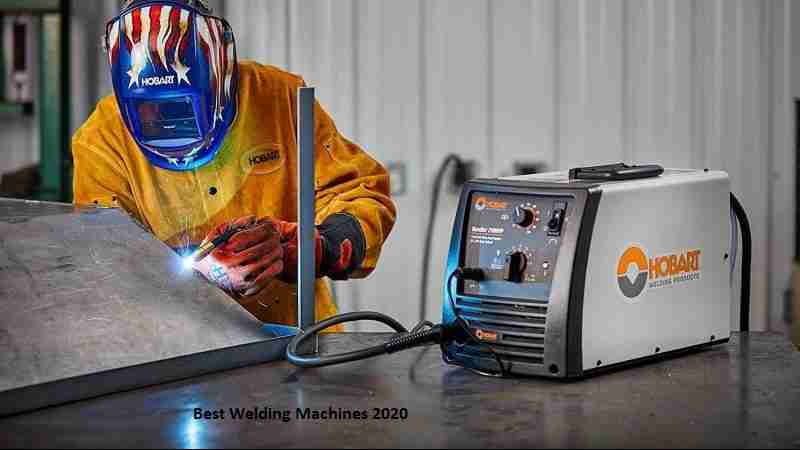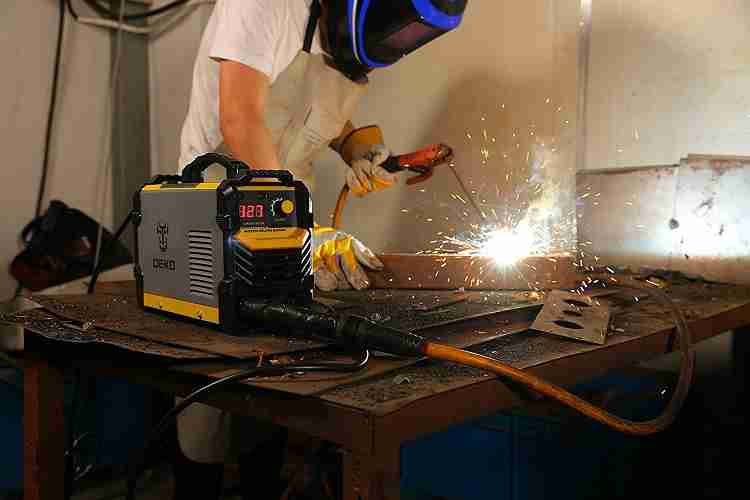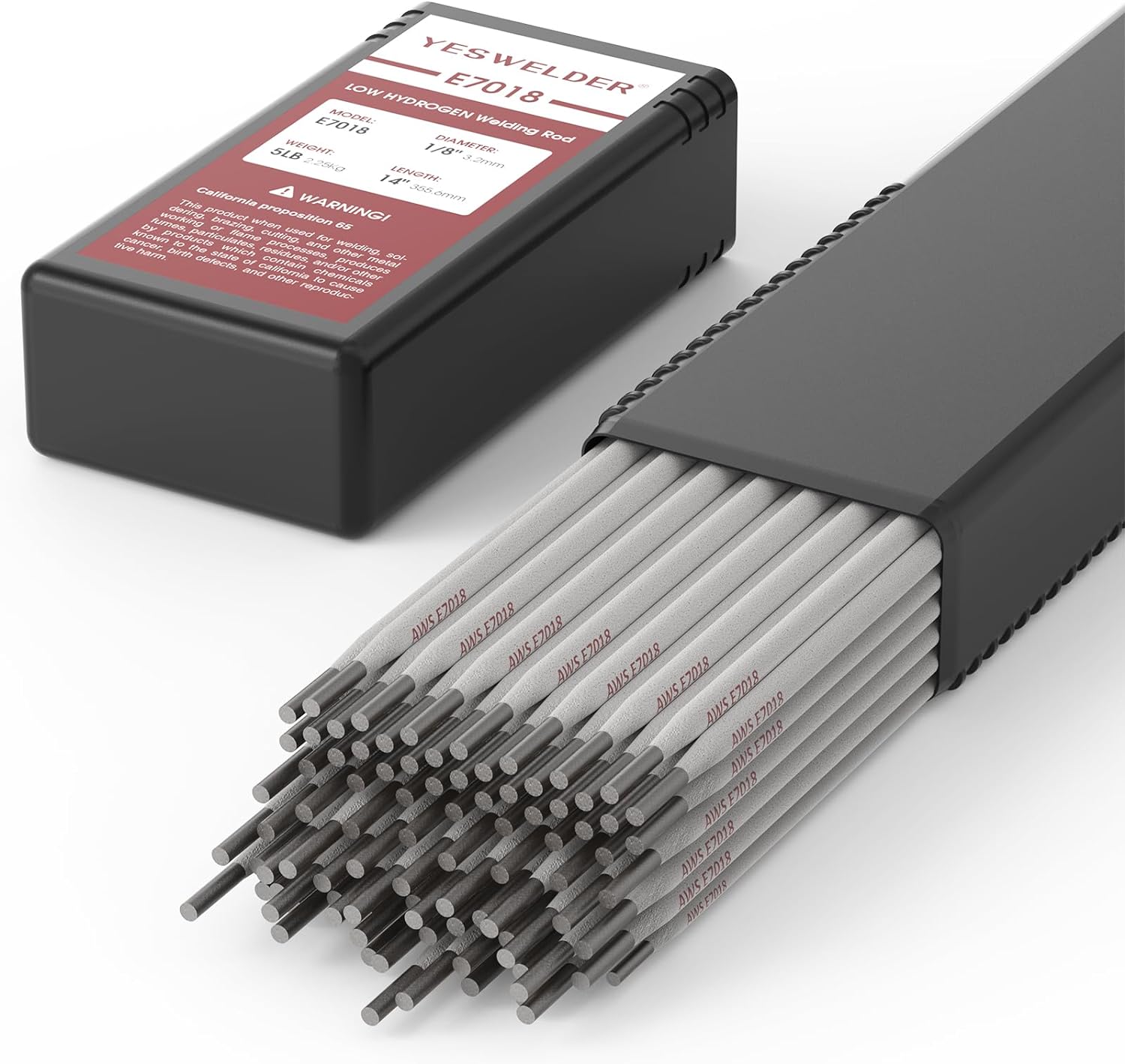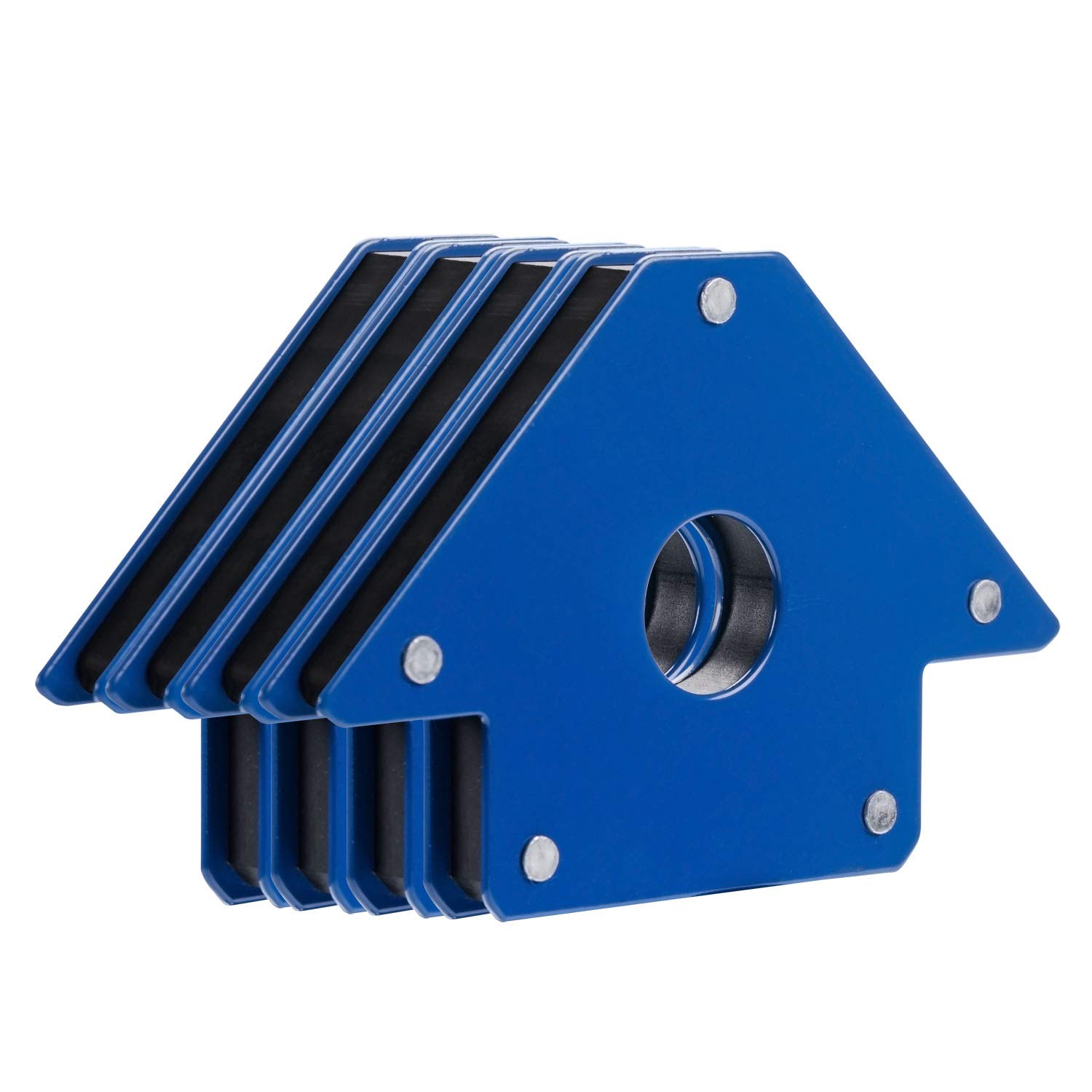Are you interested in pursuing a career in welding? If so, it’s important to familiarize yourself with the various welding certification programs that are available. These programs offer a valuable opportunity for individuals to enhance their skills and knowledge in the field of welding, providing them with the necessary qualifications to succeed in this industry. From basic entry-level certifications to specialized programs for specific welding techniques, there is a wide range of options to choose from. In this article, we will explore some of the welding certification programs available and how they can help you advance in your career. So, let’s get started on this exciting journey!
Types of Welding Certification Programs
Certified Welding Inspector (CWI)
A Certified Welding Inspector (CWI) is responsible for ensuring the quality and safety of welding operations. This certification program is designed for individuals who wish to inspect and evaluate weldments in various industries. CWIs must demonstrate comprehensive knowledge of welding codes, standards, practices, and inspection techniques.
Certified Welding Educator (CWE)
The Certified Welding Educator (CWE) program is aimed at welding instructors and educators who want to enhance their teaching skills and knowledge in the field of welding. CWE certification validates the educator’s ability to effectively communicate welding theory, welding practices, and welding safety to their students.
Certified Welding Engineer (CWEng)
Certified Welding Engineer (CWEng) is a specialized certification program for welding engineers who design and oversee welding procedures, materials selection, and welding quality control programs. This certification recognizes individuals with advanced knowledge and expertise in welding engineering principles and practices.
Certified Welding Supervisor (CWS)
The Certified Welding Supervisor (CWS) program is designed for individuals who supervise welding operations and welding personnel. CWS certification emphasizes the supervisor’s ability to ensure the integrity and quality of the welding process, manage welding projects, and adhere to safety regulations.
Certified Welding Sales Representative (CWSR)
The Certified Welding Sales Representative (CWSR) program is for individuals involved in selling welding products, equipment, and services. This certification provides knowledge and skills in understanding welding processes, interpreting technical specifications, and assisting customers in selecting appropriate welding solutions.
Certified Welding Fabricator (CWF)
Certified Welding Fabricator (CWF) certification is intended for welding fabricators who specialize in the design, fabrication, and assembly of welded structures. This program recognizes fabricators who meet industry-established quality standards and demonstrate the ability to consistently produce welded products of high quality.
Certified Welding Technician (CWT)
The Certified Welding Technician (CWT) program is designed for individuals who perform welding tasks under the supervision of Certified Welding Inspectors or Certified Welding Educators. CWT certification verifies the technician’s proficiency in welding processes, procedures, and safety practices.
Certified Welder (CW)
Certified Welder (CW) is the most common and basic level of welding certification. This program is for individuals who perform welding operations and can demonstrate competency in various welding techniques and processes.
Certified Welding Specialist (CWSp)
Certified Welding Specialist (CWSp) certification is intended for individuals with specialized knowledge and skills in a specific area of welding, such as inspection, process optimization, or metallurgy.
Certified Robotic Arc Welding (CRAW)
The Certified Robotic Arc Welding (CRAW) program focuses on the skills required to operate and maintain robotic welding systems. This certification validates the individual’s ability to program, troubleshoot, and conduct quality control in robotic arc welding processes.
Requirements for Welding Certification Programs
Educational Qualifications
Most welding certification programs require a high school diploma or an equivalent qualification. Some programs may also require completion of specific welding courses or vocational training programs.
Work Experience
For certain certification programs, a certain number of hours or years of work experience in the welding field is necessary. This is to ensure that candidates have practical knowledge and expertise in welding processes and techniques.
Practical Assessments
Practical assessments are an essential component of welding certification programs. Candidates are required to perform welding tasks under the supervision of qualified instructors or examiners. These assessments evaluate the individual’s skills, technique, and ability to produce quality welds.
Written Examinations
Written examinations assess the candidate’s knowledge of welding theory, welding codes, safety procedures, and industry best practices. These exams test the candidate’s understanding of different welding processes, materials, and equipment.
Continuing Education
Many welding certification programs require individuals to participate in continuing education to maintain their certification. This ensures that certified individuals stay up to date with the latest welding technologies, practices, and safety regulations.
Process of Obtaining a Welding Certification
Research and Select a Welding Certification Program
Before starting the certification process, it is important to research and select a welding certification program that suits your career goals and aspirations. Consider factors such as program reputation, accreditation, curriculum, location, and cost.
Meet the Educational Requirements
Ensure that you meet the educational requirements for the chosen welding certification program. This may include possessing a high school diploma or completing specific welding courses or vocational training programs.
Gain Relevant Work Experience
If required, gain the necessary work experience in the welding field. This may involve working in various welding roles, such as a welder’s assistant or a welding technician, to develop practical skills and knowledge.
Prepare for the Certification Exams
Thoroughly review and study the welding theory, codes, practices, and safety procedures that will be covered in the certification exams. Utilize study materials, practice exams, and resources provided by the certification program to prepare effectively.
Attend Practical Assessments
Participate in the practical assessments required for the certification program. These assessments will evaluate your welding skills and ability to produce quality welds. Follow all safety guidelines and instructions provided during these assessments.
Receive Certification
Upon successful completion of all the requirements, you will receive your welding certification. This certification acknowledges your competence and proficiency in the welding field and opens up various job opportunities in the industry.
Benefits of Welding Certification Programs
Enhanced Job Opportunities
Obtaining a welding certification significantly enhances job opportunities in the welding industry. Employers tend to prefer certified welders and professionals as they demonstrate a higher level of competence and expertise in their respective roles.
Higher Earning Potential
Certified welders and professionals generally earn higher wages compared to non-certified individuals. Welding certifications validate your skills and knowledge, making you a valuable asset to employers and allowing for better salary negotiation.
Increased Industry Recognition
Welding certifications are widely recognized in the industry and contribute to your professional credibility. These certifications demonstrate your commitment to maintaining high standards of safety, quality, and professionalism in your work.
Improved Skillset and Knowledge
Welding certification programs provide comprehensive training that improves your welding skills and knowledge. Through practical assessments and written exams, you gain a deeper understanding of welding processes, materials, codes, and safety practices.
Better Job Security
Due to the high demand for skilled welders and professionals, individuals with welding certifications enjoy greater job security. Certified welders are often sought after by employers who prioritize quality, safety, and compliance with industry standards.
Cost of Welding Certification Programs
Examination Fees
Welding certification programs often require candidates to pay examination fees. These fees cover the cost of assessing and evaluating the candidate’s abilities, knowledge, and skills.
Training and Educational Costs
If you need to complete specific welding courses or vocational training programs to meet the educational requirements for certification, there may be associated costs for tuition fees, textbooks, and other educational materials.
Study Material Expenses
To prepare for the certification exams, you may need to invest in study materials such as books, practice exams, online courses, or study guides. These resources help you effectively review and reinforce your knowledge.
Membership Fees
Some welding certification programs require candidates to become members of professional welding organizations. Membership fees contribute to these organizations’ operations and resources, which support certification programs and provide various benefits to members.
Additional Costs
Additional costs may include transportation expenses for attending practical assessments, protective gear and equipment required during the certification process, and any other miscellaneous fees or expenses associated with the chosen certification program.
Accredited Welding Certification Programs
American Welding Society (AWS)
The American Welding Society (AWS) offers a wide range of welding certification programs for different levels of expertise. AWS certifications are highly recognized and respected in the welding industry.
Canadian Welding Bureau (CWB)
The Canadian Welding Bureau (CWB) provides welding certification programs accredited by the Standards Council of Canada. CWB certifications are recognized nationally and internationally.
European Welding Federation (EWF)
The European Welding Federation (EWF) offers welding certification programs that adhere to European standards. EWF certifications are recognized throughout Europe and in certain international markets.
International Institute of Welding (IIW)
The International Institute of Welding (IIW) provides highly respected welding certification programs in collaboration with its member societies worldwide. IIW certifications are recognized internationally and are in high demand.
Institute of Technical Welding (ITW)
The Institute of Technical Welding (ITW) offers comprehensive welding certification programs designed to meet the industry’s high standards. ITW certifications are highly regarded and recognized by employers globally.
Australian Welding Institute (AWI)
The Australian Welding Institute (AWI) provides welding certification programs that align with Australian industry standards. AWI certifications are widely recognized and valued by employers in Australia.
Welding Technology Institute of Australia (WTIA)
The Welding Technology Institute of Australia (WTIA) offers high-quality welding certification programs and acts as a leading authority in welding education and training in Australia.
British Institute of Non-Destructive Testing (BINDT)
The British Institute of Non-Destructive Testing (BINDT) provides welding certification programs that focus on non-destructive testing methods and techniques. BINDT certifications are highly regarded in the field of non-destructive testing.
Deutscher Verband für Schweißen und verwandte Verfahren e.V. (DVS)
The Deutscher Verband für Schweißen und verwandte Verfahren e.V. (DVS) offers welding certification programs that adhere to German standards and are recognized for their high quality and expertise.
Schweißtechnische Lehr- und Versuchsanstalt (SLV)
The Schweißtechnische Lehr- und Versuchsanstalt (SLV) is a renowned welding institute in Germany that offers comprehensive welding certification programs and conducts extensive research in the field of welding.
Considerations for Choosing a Welding Certification Program
Reputation and Accreditation
When selecting a welding certification program, consider the program’s reputation and accreditation. Look for certifications that are widely recognized, respected, and endorsed by industry professionals and employers.
Program Availability and Location
Consider the availability and location of the certification program. Choose a program that is easily accessible and convenient for you to attend, minimizing travel or relocation requirements.
Program Duration
Take into account the duration of the certification program. If you have limited time available, look for programs that offer flexible scheduling or shorter durations.
Cost and Financial Aid Options
Evaluate the cost of the certification program and explore potential financial aid options, such as scholarships, grants, or employer-sponsored training programs. Consider the overall affordability and return on investment of the certification.
Curriculum and Course Content
Review the curriculum and course content of the certification program. Ensure that it aligns with your learning goals and covers the necessary welding processes, theory, codes, and safety practices required for your desired career path.
Welding Certification Levels
Level 1: Certified Welder (CW)
Certified Welder (CW) is the entry-level certification that validates an individual’s proficiency in basic welding processes and techniques. This certification acts as a foundation for higher-level certifications.
Level 2: Certified Welding Technician (CWT)
Certified Welding Technician (CWT) certification demonstrates competence in a broader range of welding processes and techniques. CWTs have a deeper understanding of welding theory, codes, and standards.
Level 3: Certified Welding Specialist (CWSp)
Certified Welding Specialist (CWSp) certification indicates specialized knowledge and expertise in a specific area of welding, such as welding inspection, metallurgy, or process optimization.
Level 4: Certified Welding Inspector (CWI)
Certified Welding Inspector (CWI) is the highest level of welding certification, demonstrating comprehensive knowledge and expertise in welding inspection, codes, standards, and quality control.
Renewing and Recertifying Welding Certifications
Continuing Education
Many welding certifications require individuals to participate in continuing education activities to maintain their certifications. These activities can include attending workshops, seminars, conferences, or completing additional training courses.
Periodic Renewal
Most welding certifications have a specific validity period, typically ranging from one to three years. To renew the certification, individuals must meet renewal requirements set by the certification program, such as completing a certain number of continuing education hours.
Recertification Exams
In some cases, individuals may be required to pass a recertification exam to maintain their welding certification. These exams assess the individual’s knowledge and skills to ensure they remain up to date with industry standards and practices.
Work Experience Requirements
Certain welding certifications may require individuals to accumulate a certain number of work hours or years of experience in the welding field to be eligible for renewal or recertification. This requirement ensures that individuals stay actively engaged in the industry.
Common Misconceptions about Welding Certification
Certification Guarantees Employment
While welding certifications significantly enhance job opportunities, they do not guarantee employment. Employers consider various factors, such as work experience, skills, and personality fit, in addition to certifications when making hiring decisions.
Certification is Expensive
While there are associated costs with obtaining welding certifications, such as examination fees and training expenses, the long-term benefits and potential for higher earnings outweigh the initial investment. Additionally, financial aid options may be available to help individuals offset the costs.
Certified Welders Can Only Perform Certain Welds
Welding certifications provide individuals with a broad range of skills and knowledge across different welding processes and techniques. Certified welders are trained to adapt to various welding situations and can perform a variety of welds based on their certification level.
Certification Only Applies to Specific Industries
Welding certifications are applicable across a wide range of industries, including manufacturing, construction, automotive, aerospace, and more. The skills and knowledge obtained through certifications are transferable to different industries, providing flexibility in career opportunities.










